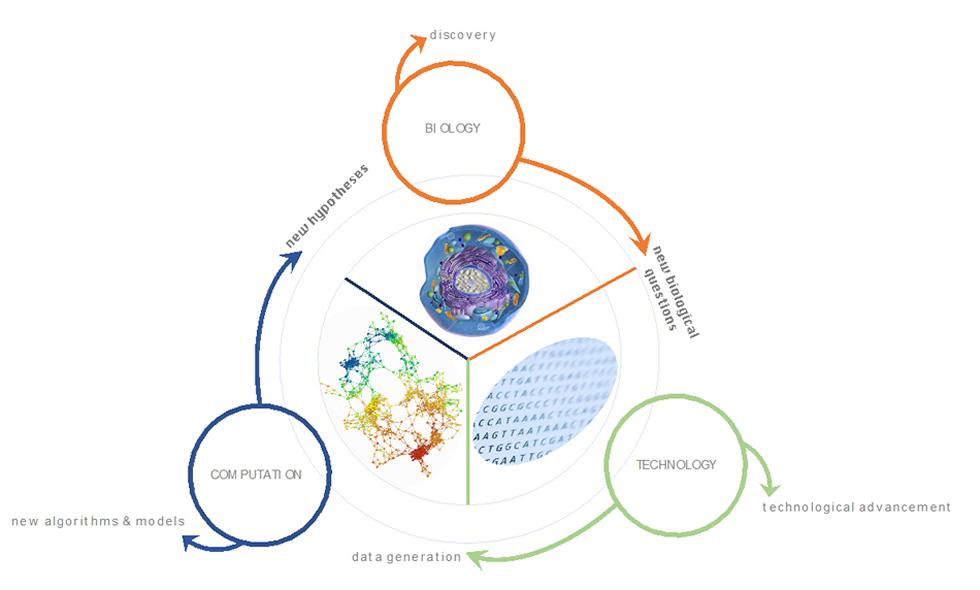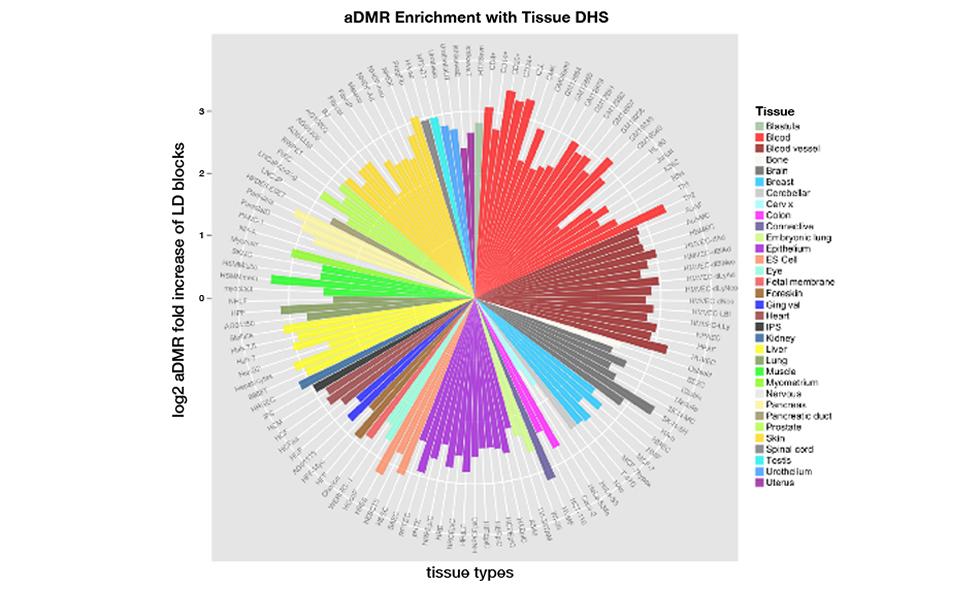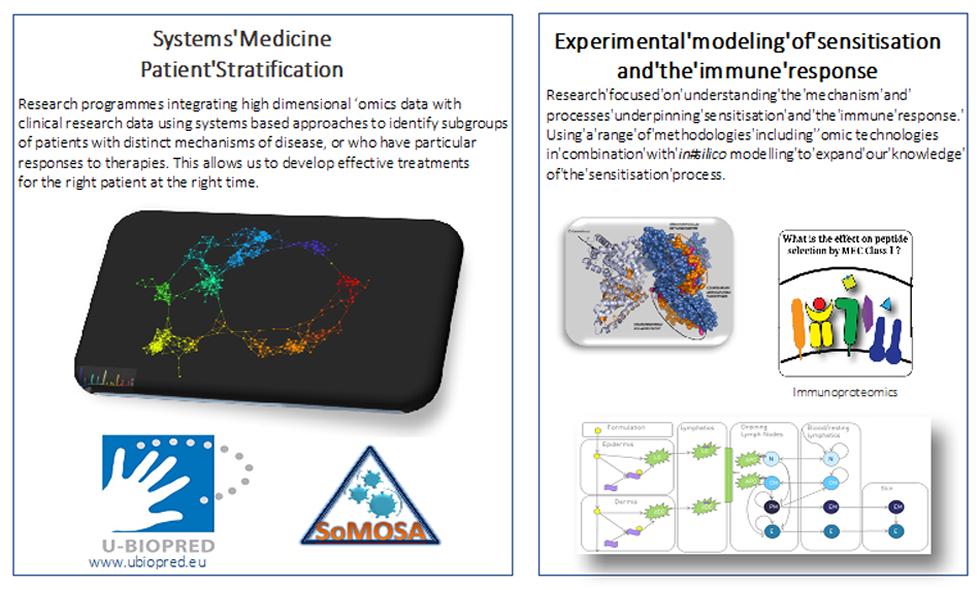The Computational and Systems Biology research spans a range of biological research areas including Molecular and Cell Biology, Cancer, Neurosciences, Respiratory Medicine, Microbiology, Plant Sciences, Ecology and Oceanography. The group collaborates widely across the University through the Institute for Life Sciences (IfLS).
They have expertise in a range of areas including:
- epigenomics
- genomics
- proteomics
- analysis of molecular networks
Epigenomic Medicine Group
Explores disease risk and pathological changes in the epigenome that occur in common human diseases, concentrating on chronic age-related disorders, including type 2 diabetes, obesity and musculoskeletal disease. A strong focus is on the integration of large-scale epigenomic and genomic datasets, enabling more precise understanding of the perturbed molecular mechanisms involved in these diseases.
Cellular Systems Biology
Studies molecular networks and how these networks are altered in human disease, specifically in how cancer-associated mutations alter cell-signalling pathways such as Wnt signalling, and how these alterations promote the development of tumours. We use proteomic techniques to study protein networks and computational and bioinformatics tools to analyse the large scale data that these techniques produce. We are also applying these tools to understand cell signalling pathways implicated in stem cell pluripotency and in diseases such as idiopathic pulmonary fibrosis.
Genomics and Bioinformatics
Uses statistical genetics and bioinformatics approaches to understand genomes and the changes that can lead to disease. We analyse genome-wide microarray data as part of large case-control consortia (age-related macular degeneration, primary open angle glaucoma). We process, analyse and interpret Next Generation Sequencing data, using open source tools and in-house pipelines with a range of applications from human (blood cancer) to plant genomics (eggplant domestication). We are also involved in the analysis of several large genetic datasets such as the 100,000 Genomes project and the UK biobank.
Proteomics
Research at the Centre for Proteomic Research combines in-depth expertise with internationally competitive facilities for the large-scale characterisation of proteins expressed in health and disease. This involves the application of a number of analytical proteomic technologies. Studying global patterns of protein content and activity and how these change during development or in response to disease is poised to boost proteomics research and our understanding of systems-level cellular behaviour. Clinical research is also benefiting from proteomics by both the identification of new drug targets and the development of new diagnostic markers.



